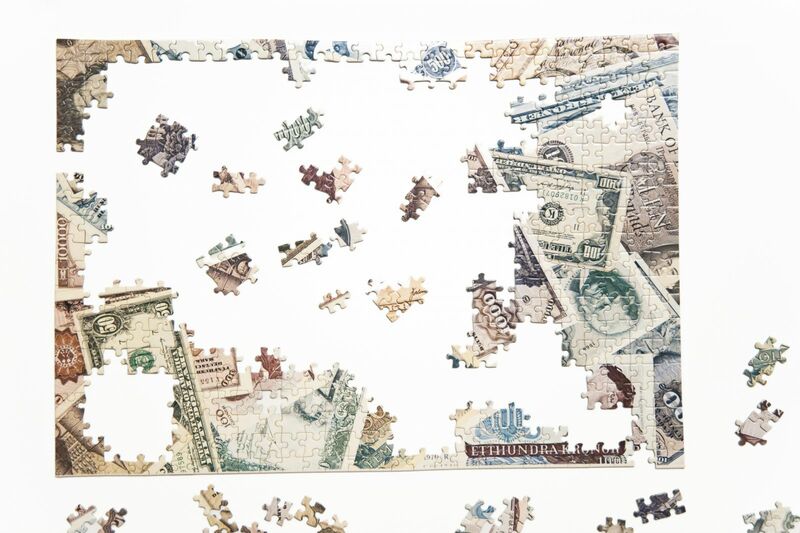
The dollar index (DXY00) Tuesday fell by -0.02%. The dollar Tuesday gave up an early advance and dropped to an 8-week low on US economic concerns. The dollar retreated Tuesday as US bond yields tumbled after the US Apr JOLTS job openings fell more than expected to a 3-year low, a dovish factor for Fed policy. Also, a stock recovery on Tuesday reduced the liquidity demand for the dollar.
The US Apr JOLTS job openings fell -296,000 to a 3-year low of 8.059 million, showing a weaker labor market than expectations of 8.350 million.
US Apr factory orders rose +0.7% m/m, stronger than expectations of +0.6% m/m.
The markets are discounting the chances for a -25 bp rate cut at 1% for the June 11-12 FOMC meeting, 19% for the following meeting on July 30-31, and 57% for the meeting after that on Sep 17-18.
EUR/USD (^EURUSD) Tuesday fell by -0.21%. The euro Tuesday fell back from a 2-1/2 month high and posted moderate losses. Weaker-than-expected German labor news undercut the euro after German May unemployment rose more than expected. Also, expectations that the ECB will cut its main refinancing rate by -25 bp at Thursday's meeting is negative for the euro.
The German May unemployment change rose by +25,000, the largest increase in 7 months, and it showed a weaker labor market than expected of +7,000.
Swaps are discounting the chances of a -25 bp rate cut by the ECB at 99% for Thursday’s ECB meeting. If the ECB cuts rates by -25 bp on Thursday as expected, then the markets are expecting a 0% chance of another rate cut at the following meeting on July 18 and a 62% chance of a -25 bp rate cut at the September 12 meeting.
USD/JPY (^USDJPY) Tuesday fell by -0.86%. The yen on Tuesday extended Monday’s rally to a 2-1/2 week high against the dollar. The yen rallied Tuesday on a Blomberg report that said the BOJ would likely discuss the reduction of bond purchases as early as its policy meeting June 13-14. The yen also found support in comments from BOJ Deputy Governor Himino, who said it's important for authorities to monitor the impact of currencies on the broader economy. In addition, Tuesday’s decline in T-note yields is bullish for the yen.
BOJ Deputy Governor Himino said it's important for authorities to monitor the impact of currencies on the broader economy, as a weak yen can affect imports in addition to having other effects.
Swaps are pricing in the chances for a +10 bp rate increase by the BOJ at 21% for the June 14 meeting.
August gold (GCQ4) Tuesday closed down -21.90 (-0.92%), and July silver (SIN24) closed down -1.167 (-3.79%). Precious metals on Tuesday were under pressure, with silver falling sharply to a 2-week low. Precious metals were undercut Tuesday by a Bloomberg report that said the BOJ would likely discuss the reduction of bond purchases as early as its June 13-14 policy meeting. Also, easing inflation expectations curbed demand for gold as an inflation hedge after the 10-year breakeven inflation rate fell to a 2-week low Tuesday of 2.310%. Silver prices were weighed down Tuesday by some negative carryover from a -2% slump in copper prices to a 4-week low.
On the positive side for precious metals was Tuesday’s decline in the dollar index to an 8-week low. Also, Tuesday’s decline in global bond yields supported precious metals.
On the date of publication, Rich Asplund did not have (either directly or indirectly) positions in any of the securities mentioned in this article. All information and data in this article is solely for informational purposes. For more information please view the Barchart Disclosure Policy here.






